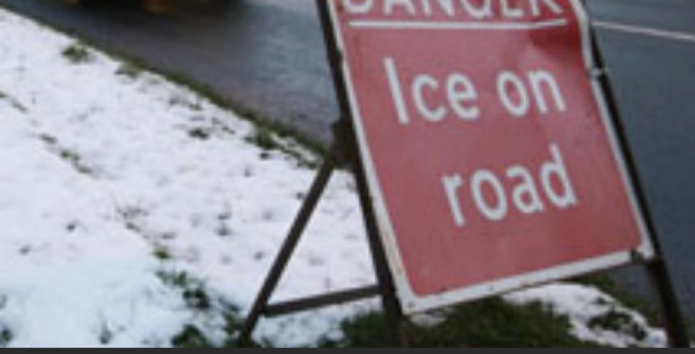DRIVERS have been warned to take extra care on the roads later this month as the number of accidents increases by a quarter when the clocks go back.
The UK will wind timepieces back an hour at 2am on Sunday, October 27, as the country switches from British Summer Time to Greenwich Mean Time.
The alteration is designed to make the most of natural sunlight – creating lighter winter mornings while sunset comes an hour earlier.
But when it comes to driving, the change can have some knock-on effects that make being on the road more dangerous.
The AA revealed the number of accidents increases by 23 per cent at this time of year, and Graham Conway from Select Van Leasing says this is down to a number of factors.
He explained: “There are some obvious reasons that this happens, and some little-known ones, too.
“Darker evenings, when many people are commuting home from work, means reduced visibility all of a sudden – something that can take a while to get used to.
“This is particularly the case with spotting cyclists and pedestrians, who may not have been aware enough to turn on their lights or wear visible clothing.
“The darkness will affect depth perception and reaction times, increasing the likelihood of collisions.”
Drivers’ internal body clocks are sometimes sent into turmoil by turning back the clocks. Although many people enjoy an extra hour of sleep when the change is made, the disruption can affect circadian rhythms.
Mr Conway said: “This can lead to grogginess, poor alertness and slower reaction times. Studies have shown that even minor disruptions to sleep can impair driving performance.
“Weather conditions also tend to get worse around this time of year, with increasing rainfall leading to slippery roads and a drop in temperature reducing the amount of grip for tyres on tarmac.”
The Select Van Leasing expert advises the following changes to avoid any issues once the clocks go back:
Check your lights and use them – Ensure both front and rear lights are in good working order and switch them on earlier than you think to make sure other road users can see you.
Don’t drive tired – If possible, give your body time to get used to the change of time and plan ahead if you’re making any long journeys.
Avoid looking at oncoming headlights – It’s easy to be dazzled at this time of year, so never stare directly at them to preserve your night vision.
Keep your windows clean – Even if you’re feeling fresh and your eyes are working well, having muck and streaks on your glass will make seeing other cars, cyclists and pedestrians much harder. Give them a thorough clean to avoid a nasty situation.



